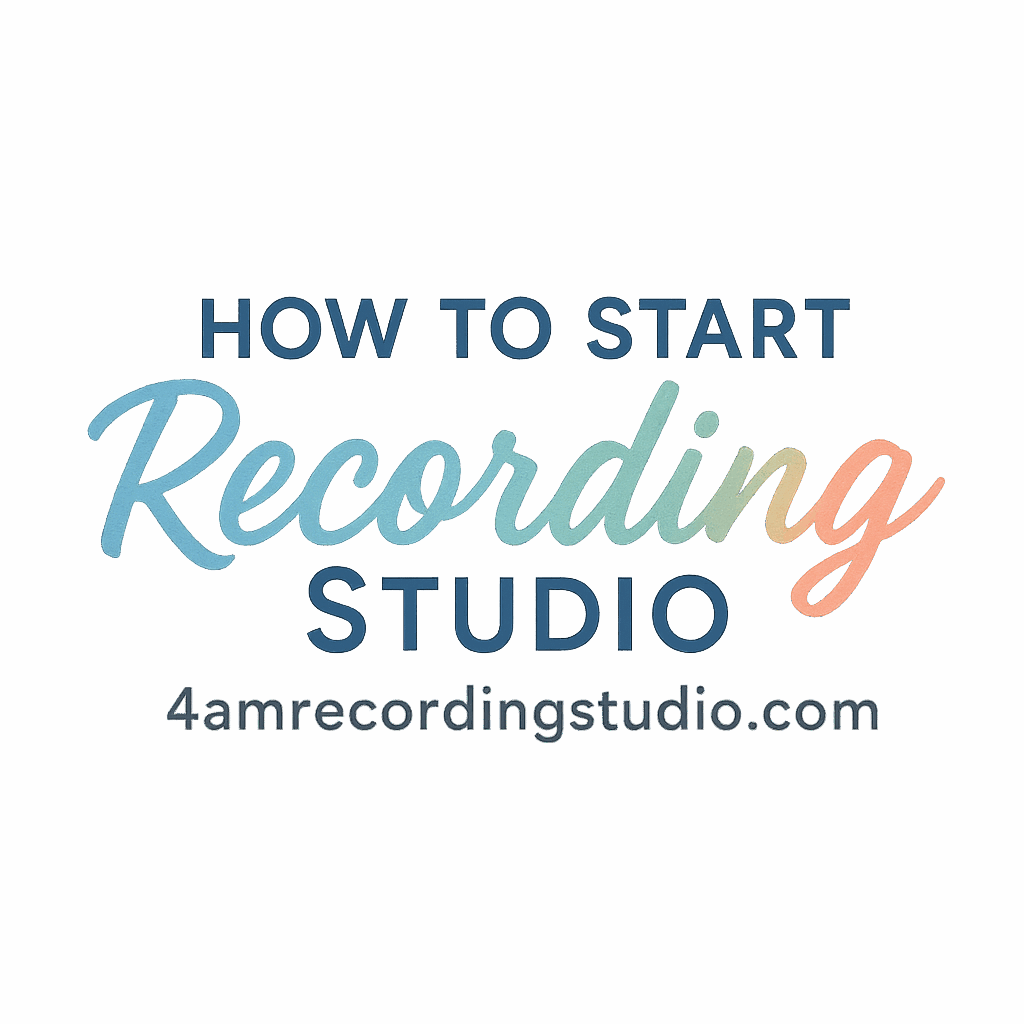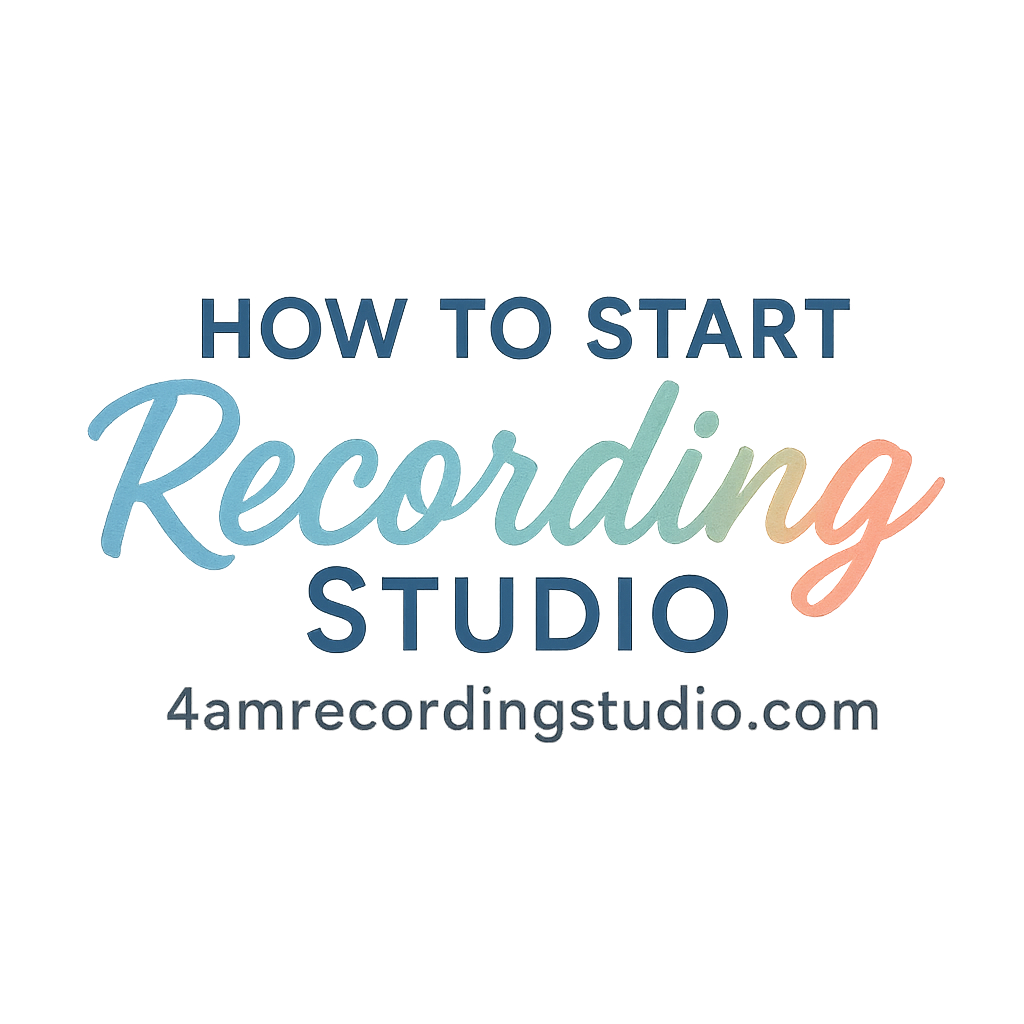Introduction to MIDI Controllers
Looking to level up your recording studio game? A MIDI controller might just be your secret weapon. Whether you’re building a bedroom studio or decking out a pro suite, choosing the right MIDI controller is essential. These handy devices act like digital translators—turning your touch, feel, and creativity into sounds via your DAW.
Why MIDI Controllers Matter in Your Studio
Creative Control & Workflow
Ever feel like clicking around your DAW kills your vibe? That’s where a good MIDI controller steps in. You can trigger drums, play synths, automate effects—all without touching your mouse. It brings back that “hands-on” musical feeling we all crave.
Versatility for Any Genre
From trap beats to orchestral scores, MIDI controllers let you manipulate virtual instruments across any genre. Whether you’re jamming out chords or banging out kick-snare patterns, you’ve got the freedom to experiment.
Key Features to Look for in a MIDI Controller
Key Count and Action
Are you a pianist who needs 88 weighted keys? Or a beatmaker cool with 25 synth-action keys? The number of keys and how they feel (weighted, semi-weighted, synth) will make or break your workflow.
Pad Sensitivity and Assignability
Velocity-sensitive drum pads are crucial for finger drumming. Make sure they respond to how hard you hit, and check if they’re assignable to samples or triggers.
Knobs, Faders, and DAW Integration
Want hands-on control of your mix? Look for controllers with mappable knobs, faders, and buttons. Bonus points if they auto-map with your DAW—no setup headaches.
Connectivity Options
USB? MIDI DIN ports? Bluetooth? Make sure the controller talks nicely with the rest of your setup.
The 10 Best MIDI Controllers for Recording Studio Setup
1. Akai MPK261 – The All-in-One Workhorse
Best For: Advanced Producers Needing Versatility
The Akai MPK261 is loaded—61 semi-weighted keys, 16 RGB pads, 8 knobs, 8 faders, and even a built-in arpeggiator. It’s like a Swiss Army knife for your studio.
🧠 Pro Tip: Pair it with recording studio setup basics to get the most out of your gear layout.
2. Native Instruments Komplete Kontrol S88 MK2
Best For: Full Piano Control with Software Integration
If you’re already using Native Instruments software, this one’s a no-brainer. The S88 gives you fully weighted keys and deep integration with Komplete software, plus a gorgeous dual-screen layout.
🔗 Check out more recording studio equipment tools to complement this beast.
3. Arturia KeyLab 61 MKII
Best For: Analog Feel with Digital Power
This controller screams vintage soul meets digital control. It comes with analog-style knobs, faders, and full integration with Arturia’s Analog Lab software.
4. Novation Launchkey 49 MK3
Best For: Ableton Live Users
This is the controller for Ableton Live heads. With its RGB pads, intuitive clip launching, and dynamic scale modes, it fits right into an electronic producer’s world.
🎯 Studio Hack: Sync it with your session view to speed up your workflow like a pro.

5. M-Audio Oxygen Pro 61
Best For: Budget-Friendly Control with Pro Features
Tight budget? No problem. The Oxygen Pro gives you aftertouch, smart chord/scale modes, and DAW auto-mapping without burning your wallet.
🛠️ For beginners, explore our how-to-start tag for foundational guidance.
6. Akai Professional MPK Mini MK3
Best For: Compact Setup or Mobile Studios
This tiny controller punches above its weight. 25 mini keys, 8 MPC-style pads, and built-in arpeggiator make it a portable powerhouse.
📱 Great for anyone setting up a beginner or travel studio.
7. Roland A-88 MKII
Best For: Weighted Key Action Lovers
Want that authentic piano feel in a controller? The A-88 MKII offers Roland’s best weighted keys along with advanced MIDI features.
8. Nektar Panorama P4
Best For: Seamless DAW Integration
This controller’s tight integration with DAWs like Logic, Cubase, and Reason makes it a favorite among serious producers. Bonus: motorized fader.
9. Alesis VI61
Best For: Full Control Without the Price Tag
A solid controller with 61 full-size keys, 16 pads, and 48 assignable buttons. A great middle ground between pro and entry-level.
10. CME Xkey Air 37
Best For: Wireless and Portability Fans
Need something ultra-portable and wireless? The Xkey Air is Bluetooth-enabled and ultra-slim—great for couch producers and live setups.
How to Choose the Right MIDI Controller for You
Studio Size & Workflow Preferences
Small desk? Go for 25–49 keys. Lots of space and heavy piano use? 61–88 keys might be better.
DAW Compatibility
Make sure your controller plays well with your DAW. Some are better suited for Ableton, others for Logic or FL Studio.
🔗 Need help choosing your DAW? Visit our recording studio business planning page for strategic setup ideas.
Budget Considerations
Start with what you can afford, but think long term. A $300 controller that lasts 5 years is better than a $100 one that breaks in 6 months.
Integrating MIDI Controllers into Your Recording Studio Setup
Placement and Ergonomics
Place your controller where your hands naturally rest. Consider height, tilt, and proximity to other gear.
🧠 Browse our guide on recording studio setup basics to create the perfect layout.
MIDI Mapping for Efficient Workflow
Assign knobs and faders to your most-used effects and controls. This turns your controller into a command center.
🔧 Many producers swear by this for faster studio management.
Pairing with Other Studio Gear
Connect your controller to synths, sound modules, or even lighting systems. MIDI can control more than just music.
🧰 Explore music gear setups to expand your creative playground.
Conclusion
A great MIDI controller doesn’t just sit on your desk—it transforms how you create music. Whether you’re going for the all-in-one flexibility of the Akai MPK261 or the minimalist portability of the Xkey Air, the right controller makes music production feel natural, intuitive, and fun. So take your time, weigh your needs, and make a choice that enhances your creative flow.
Want to go deeper into studio gear, setup, and planning? Check out more resources at:
FAQs
1. Do I need a MIDI controller to produce music?
No, but it helps a lot! MIDI controllers make the music-making process more intuitive and efficient, especially for playing instruments and controlling your DAW.
2. What’s the difference between MIDI controllers and keyboards?
A MIDI controller doesn’t generate sound on its own. It sends MIDI data to your computer or DAW, unlike standalone keyboards or synthesizers that produce sound internally.
3. Can I use a MIDI controller for live performances?
Absolutely! Many controllers are built with live performance features like pad triggering, scale/chord modes, and scene launching.
4. What’s better: 49 keys or 61 keys?
Depends on your space and needs. 49 keys are great for compact setups; 61 keys offer more range for playing chords and melodies.
5. Do MIDI controllers work with all DAWs?
Most controllers work with all major DAWs, though some offer better integration with specific ones like Ableton or Logic.
6. Should beginners start with a mini MIDI controller?
Yes, if budget and space are tight. Mini controllers are great for learning and can always be upgraded later.
7. How do I know if a MIDI controller is compatible with my system?
Check the specs! Look for USB or Bluetooth compatibility, driver requirements, and DAW integration options.


